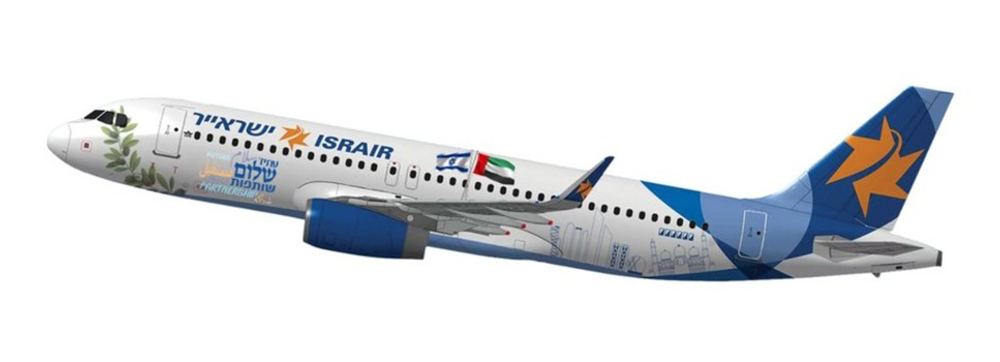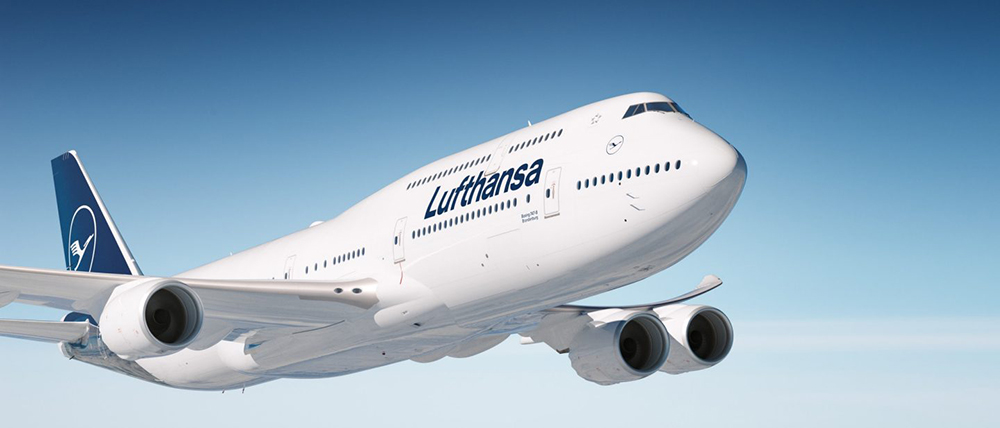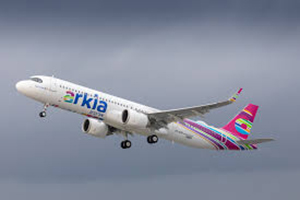|
Getting your Trinity Audio player ready...
|
Edited by: TJVNews.com
Travel to and from Israel has become a significant challenge over the past year, as the ongoing war has prompted many international airlines to suspend operations. According to a report on the Vois Es Nais web site, major carriers such as Lufthansa, Air France, Virgin Atlantic, and United Airlines have halted flights to Israel, leaving Israeli carrier El Al as the sole operator on many international routes. The resulting lack of competition has driven ticket prices sky-high, creating a significant burden for travelers and a logistical bottleneck for those trying to reach the country.
In response to this crisis, two Israeli airlines, Arkia and Israir, have announced plans to begin operating flights to the United States, offering a potential lifeline for travelers and a chance to stabilize prices, as was reported by VIN News. The Israeli government has approved their request to operate ten weekly flights between Israel and the U.S., using leased aircraft and foreign crews.
The suspension of flights by major international carriers has created a scarcity of available seats, with El Al struggling to meet demand. The war has exacerbated the situation, as international crews are often reluctant to fly to Israel or stay overnight due to heightened security concerns.

Dan, of the travel blog Dan’s Deals, explained the logistical difficulties faced by airlines attempting to service Israel under such conditions. Writing on his website, he noted:
“As it stands now, neither [Arkia nor Israir] has any widebody planes or crew that can fly a widebody, so they would have to wet lease them from an operator abroad, with crew from that operator.”
Wet leasing, a common practice in aviation, involves leasing both the aircraft and the crew from another operator. However, VIN News reported that Dan pointed out that this arrangement has proven problematic for Arkia and Israir in the past, as many European operators have been unwilling to fly to Israel or provide overnight accommodations for their crews, even during periods of relative calm.
“Finding a European crew willing to fly to Israel and stay overnight in Israel as will be needed to operate nonstop flights between the U.S. and Israel, will be very difficult if not impossible,” he continued. “And even if it can be done, the crew will balk at flying to Israel when tensions rise, which is why almost no European airlines are currently flying to Israel.”

Arkia and Israir’s plan involves leasing widebody aircraft from European operators to facilitate their new transatlantic routes. However, Dan and other industry experts have expressed skepticism about their ability to pull off such an ambitious endeavor. Both airlines have faced operational struggles this year, largely due to issues with wet-leased aircraft and operators backing out of commitments to fly to Israel, as was explained in the VIN News report. These challenges would only grow more acute when attempting to launch long-haul flights that require overnighting in Israel.
For their part, Arkia and Israir are optimistic that the move will not only alleviate the current travel crisis but also lower the cost of airfare by increasing competition. Whether this vision can be realized depends heavily on their ability to overcome the logistical and security-related obstacles outlined by critics.
In parallel with the airlines’ announcements, the Knesset Economic Affairs Committee convened this week to discuss a controversial proposal from the airlines. VIN News reported that Arkia and Israir, along with other carriers, have requested amendments to Israeli laws mandating compensation for passengers in the event of flight delays or cancellations.
Airlines argue that these laws, while beneficial to consumers, have resulted in substantial financial losses, particularly since the war began. They are seeking retroactive suspension of these rules, starting from the onset of the conflict. The proposal has sparked debate, as it pits passenger rights against the financial realities faced by struggling airlines.
If Arkia and Israir succeed in launching their U.S. routes, it could mark a turning point in Israel’s beleaguered air travel industry. However, the challenges they face are significant, ranging from securing reliable aircraft and crews to addressing concerns over passenger compensation and operational sustainability.
As VIN News reported, the current state of international travel underscores the resilience and adaptability required of airlines operating in and out of Israel during turbulent times. While El Al remains the only carrier consistently serving the market, the entry of Arkia and Israir—should it come to fruition—may provide much-needed relief to travelers and signal a path toward a more robust aviation sector.

For now, skepticism remains high, and the outcome will depend on the airlines’ ability to navigate complex logistical and geopolitical realities in a way that inspires confidence among passengers and stakeholders alike.




